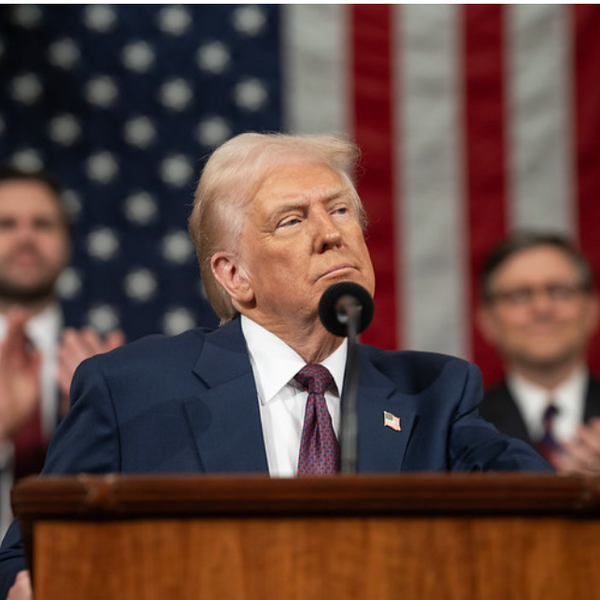Berlin (AFP) – Transatlantic tensions reached boiling point Monday as Washington sharply denied reports President Barack Obama knew U.S. spies were tapping German Chancellor Angela Merkel, but fresh allegations emerged of mass snooping in Spain.
As outrage over secret U.S. surveillance of leaders and average citizens mounted with a tide of new reports, a delegation from the European Parliament was due in Washington to demand answers on the extent of the operations.
The trip coincided with a Spanish newspaper report citing a leaked document indicating U.S. security services tracked 60.5 million telephone calls in Spain in a single month.
And it came on the heels of a Wall Street Journal article that Obama learned of the electronic surveillance of Merkel and other world leaders in an internal mid-year review.
The White House then ordered an end to the programs, according to the Journal.
German media had reported at the weekend that eavesdropping on Merkel’s phone may have started in 2002, when she was Germany’s main opposition leader and three years before she became chancellor.
And the daily Bild am Sonntag quoted U.S. intelligence sources as saying that Obama himself had been informed of the phone tap against Merkel by NSA chief General Keith Alexander in 2010 but allowed it to continue.
NSA spokeswoman Vanee Vines however denied the allegation.
Alexander “did not discuss with President Obama in 2010 an alleged foreign intelligence operation involving German Chancellor Merkel, nor has he ever discussed alleged operations involving Chancellor Merkel,” Vines said Sunday.
“News reports claiming otherwise are not true,” she affirmed.
According to the Journal, Obama was “briefed on and approved of broader intelligence-collection ‘priorities,'” but deputies decided on specific targets because it would have been impractical to brief the president on all of eavesdropping operations.
“These decisions are made at NSA,” the unnamed official told the Journal. “The president doesn’t sign off on this stuff.”
Some programs have been scheduled to end but have not yet been terminated due to the complicated nature of surveillance: a leader such as Merkel may be communicating with someone else whom Washington is monitoring, officials told the newspaper.
Leaked documents from former U.S. intelligence contractor Edward Snowden indicate that U.S. spy agencies accessed the electronic communications of dozens of world leaders and possibly millions of foreign nationals.
The Spanish report said the NSA tracked the origin and destination of calls and their duration, U.S. blogger Glenn Greenwald wrote in El Mundo, which published a classified graph of 30 days of telephone call tracing last December and January.
The news broke hours before Spanish foreign ministry officials were to meet the U.S. ambassador, James Costos, who has been summoned to provide information about alleged U.S. spying on Spanish telecommunications.
The European Parliament said its delegation’s three-day mission to Washington would probe U.S. authorities on the impact of surveillance programs “on EU citizens’ fundamental rights” and discuss a recent request to suspend an EU-U.S. agreement on the transfer of bank data in the wake of the scandal.
It said it would also seek clarity on the charges of spying on Merkel.
At a summit last week, the 28 European Union leaders approved a statement which said they valued the relationship with the United States but it had to be based on trust and confidence, especially in intelligence matters.
Merkel angrily confronted Obama with the spying allegations in a phone call Wednesday, saying that if true it would be a “breach of trust.”
The White House has said it is not monitoring Merkel’s phone calls and will not do so in future, but refused to say whether it did so previously.
As a sense of betrayal spread in European capitals, German Foreign Minister Guido Westerwelle warned of lasting damage to the transatlantic relationship wrought by the affair.
“It threatens to undermine ties that bind us and that we need more than ever to jointly shape the future in the globalized world of the 21st century,” he said in a statement.
American lawmakers meanwhile sought to play down the scandal.
Representative Peter King, a Republican who chairs the House Subcommittee on Counterterrorism and Intelligence, said Obama should “stop apologizing” about the NSA phone-tapping, claiming the programs had saved “thousands” of lives.
And House Intelligence Committee Chairman Mike Rogers, a fellow Republican, told CNN: “The bigger news story here would be … if the United States intelligence services weren’t trying to collect information that would protect U.S. interests both [at] home and abroad.”








